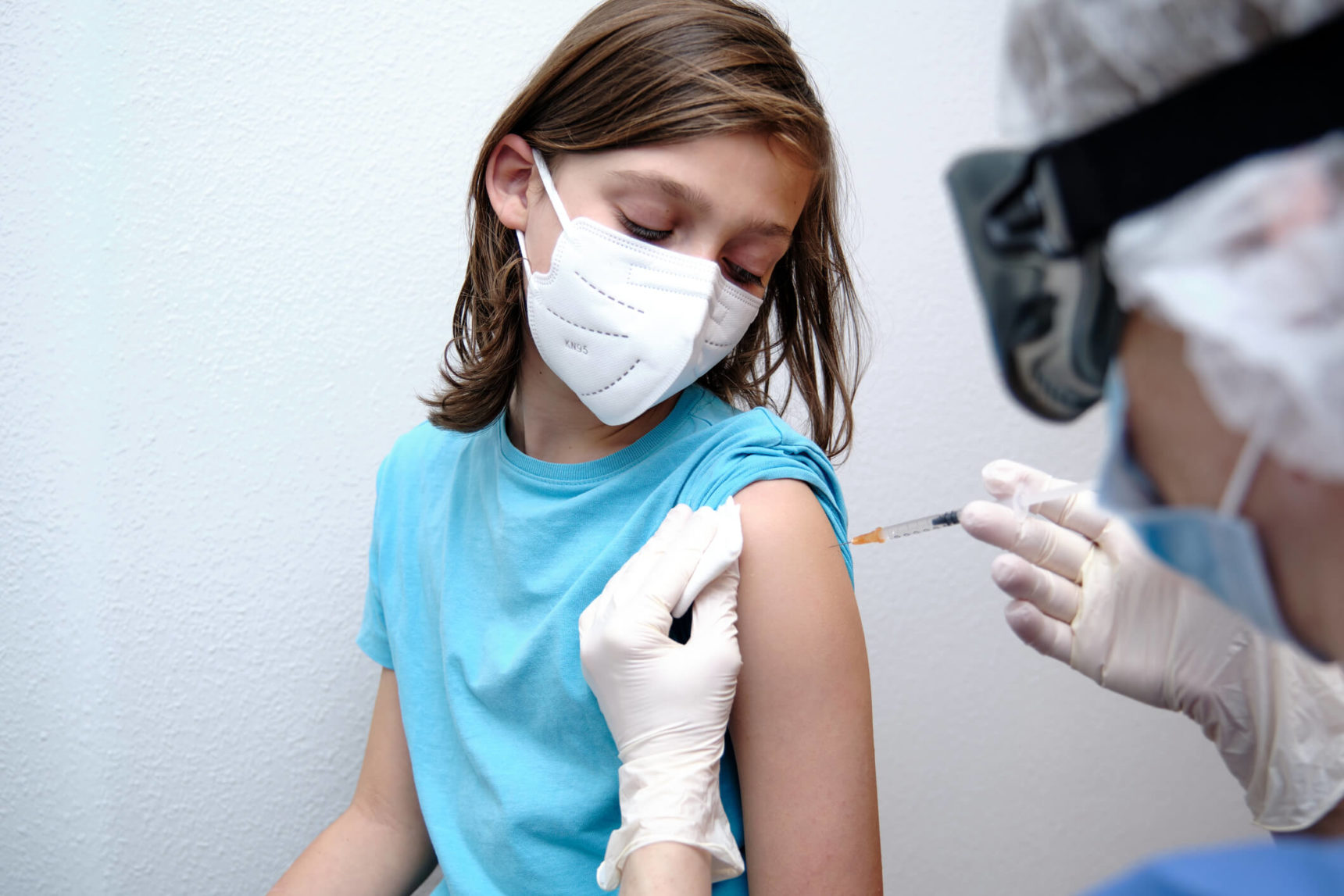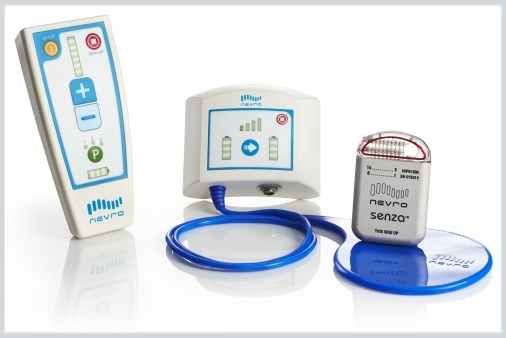In anticipation of authorization of COVID-19 vaccines to children younger than 12 years, the National Academies of Sciences, Engineering, and Medicine (NASEM) released a new rapid expert consultation for communications with parents. Strategies include pointing to new data on the Delta variant and infection rates, emphasizing safety and efficacy data in adolescents 12 to 17 years, promoting consultations with pediatric or family practice clinicians, and leveraging parents’ social networks.
Conversations should be individualized and should start by focusing on what child vaccinations can accomplish: preventing COVID-19 and allowing children to attend school in person and participate in extracurricular activities without risking their health.
“Customize information to target beliefs driving hesitancy without derogating the parents and making them feel bad for their choices,” said coauthor of the consultation Kasisomayajula Viswanath, PhD, Lee Kum Kee Professor of Health Communication, Harvard T. H. Chan School of Public Health and the Dana-Farber Cancer Institute. “The important point is to validate parents’ emotions but gently guide them to science and data. Scientific rationale alone without empathy may make them more resistant.”
Table. Strategies for Communicating With Parents About COVID-19 Vaccines
| Emphasize safety and efficacy | • Inform parents of the ongoing scientific studies on the vaccine and highlight ongoing vaccine risk monitoring efforts • Point to safety data from the clinical trials showing a lack of serious adverse events in 12- to 17-year-olds |
| Encourage parents to talk with primary care clinicians | • Health care providers are trusted resources for parents • Local, state, and national leaders can provide messaging templates and other resources to health care professionals engaged in these conversations |
| Leverage parents’ social networks | • Engage parents’ social networks, especially members of their community who are considered trustworthy and influential • Social networks may include family members, friends, co-workers, social media networks, media, and church members |
Highlight New Data on COVID-19 Disease and Vaccines
New data to highlight in conversations with parents include the higher numbers of confirmed cases, hospitalizations, and deaths from COVID-19 in states with lower vaccination rates than states with higher vaccination rates. Also, the Delta variant is responsible for 99% of all new cases in the United States; early evidence suggests that this variant makes people sicker, particularly younger patients, according to studies included in the expert consultation.
Presenting people with data about positive vaccination trends (eg, increasing vaccination rates among previously hesitant individuals or increased acceptance of the vaccine in their community) may also be helpful, as noted in the expert consultation.
“Identify people they trust (eg, health care providers are generally highly trusted; religious leaders) and those within their friends and family circles,” Dr Viswanath said in an interview. “There is likely less resistance to messages when it comes from these groups. Engage and build partnerships with community groups.”
Tackle myths based on misinformation “but do it in a way to show empathy/concern and talk about the rigorous process for approval and the continuing post-market surveillance of vaccines,” Dr Viswanath said. “Continue to emphasize how safe the vaccines are and how they are effective in preventing serious disease. More than 6 billion doses of vaccines have been given globally so far with very few serious adverse effects.”
Clinicians can point parents to CDC safety data and myths and facts about the COVID-19 vaccine. “There is a strong monitoring system in place that tracks vaccine adverse events and reliable systems are in place to ensure that vaccination remains safe,” Dr Viswanath said. He also recommends that clinicians consult the CDC’s talking points for conversations with parents.
Long-Term Side Effects Are a Key Concern
The most common reasons for vaccine hesitancy among parents of children aged 12 to 17 years include concern about the long-term effects of the COVID-19 vaccine in children (88%), serious side effects (79%), and that the COVID-19 vaccine might negatively affect future fertility (73%), according to a recent survey (Figure). Thus, safety data from the clinical trials showing a lack of serious adverse events in 12- to 17-year-old adolescents will be important to address with parents.

Safety data on adolescents aged 12 to 17 years shows that side effects of COVID-19 vaccination are generally minor such as swelling, fever, and headache. “Serious side effects such as serious allergic reactions and blood clots are extremely rare and fertility problems are not one of them,” Dr. Viswanath said.
He also suggests informing parents that the Advisory Committee on Immunization Practices (ACIP), whose recommendations guide immunization, has carefully reviewed the data and concluded that COVID-19 vaccines are safe. The Committee includes pediatricians and scientists who carefully go through the data before making recommendations, he noted.
Communicating With Unvaccinated Adults
NASEM also provides strategies for communicating with adults who are not vaccinated against COVID-19:
- Highlight new events or evidence to urge a change in vaccination status without derogating people’s previous decision to avoid vaccination
- Identify and target people’s reference groups who may influence patient decisions about vaccination; use trusted messengers
- Show data from 3 or more dates to highlight changes in vaccination rates among patients’ reference groups
- Tackle misinformation and disinformation to help build vaccine confidence; avoid repeating false claims
“The Delta variant has changed the COVID-19 vaccination landscape,” NASEM concluded in the consultation. “The risk it presents and the potential for the emergence of additional future variant mutations due to lagging vaccinations require renewed efforts to build COVID-19 vaccine confidence, address vaccine hesitancy, and reduce barriers to vaccine access.”
Communicating with people who are unvaccinated “will require the use of new strategies that identify new variants as creating new risks,” NASEM added. “The availability of vaccines for teenagers and younger children presents important opportunities for communicating with parents and children about the safety and efficacy of COVID-19 vaccines.”
Reference
National Academies of Sciences, Engineering, and Medicine. Communication Strategies for Building Confidence in COVID-19 Vaccines: Addressing Variants and Childhood Vaccinations. The National Academies Press; October 13, 2021. https://doi.org/10.17226/26361.






